Feb - 01 - 2024
Ethiopia is a beautiful country with a rich history, gorgeous fauna, and lush scenery. As a country that has never been conquered, the ethnic cultural identity of the people is still preserved today. Most people only know Ethiopia as the most beautiful country in Africa, but there are many other interesting facts about Ethiopia that few people are aware of.
Overview of Ethiopia
Ethiopia, with a land area of 1,126,829 km2, is known for its Ethiopian plateau, rivers, and deep valleys, which have formed many lakes. The country is also famous for its charming scenery and culturally significant historical architectural works. Lalibela, an ancient town in the north, is home to 11 churches cut into the rock and is steeped in legend and history.
Many ancient structures still survive today, silently recounting the stories of hundreds of years ago, regardless of what has happened or is happening. Today, citizens in ancient clothing with umbrellas on their heads may still be seen on the streets of Lalibela.
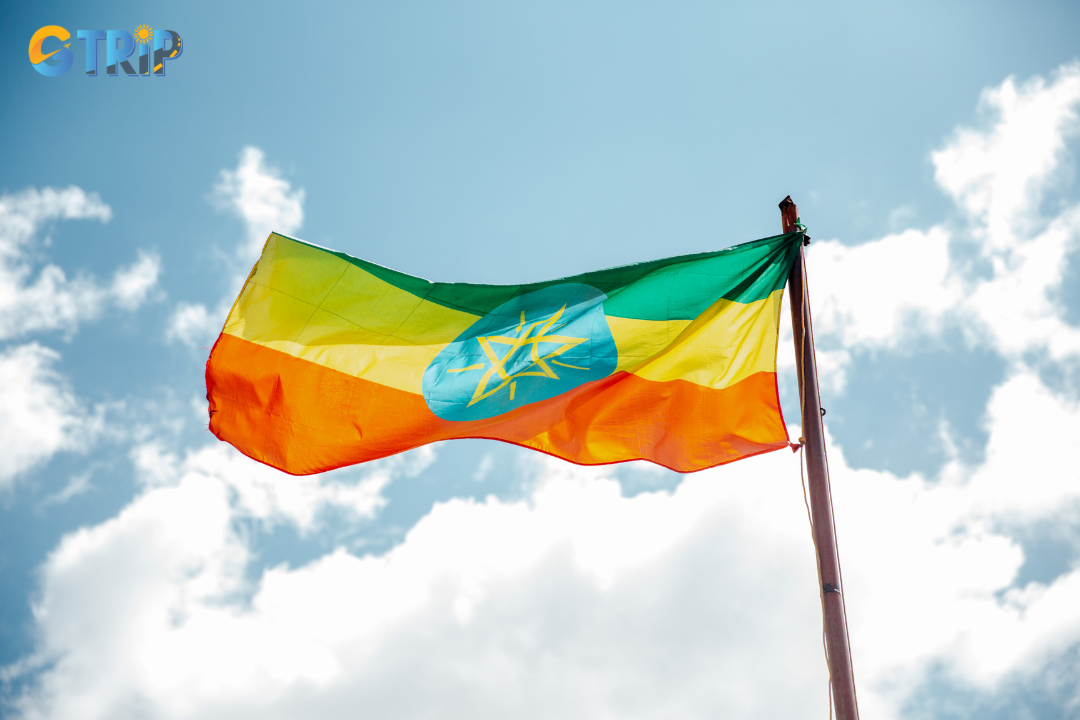
Lalibela is a popular destination for visitors
9 interesting facts about Ethiopia
Ethiopia offers a wealth of experiences for travelers and enthusiasts of history and culture.
13th month and 12-hour clock
Ethiopians believed that an extra month would bring them better luck thousands of years ago, which is why they followed the 13-month calendar year throughout history. Each month in the Ethiopian calendar has 30 days. The 13th month will contain only 5 to 6 days.
What's more, in Ethiopia, there are just 12 hours in a day, with sunrise being the first hour and sunset being 12 o'clock, with the clock continuing to count 12 hours from the beginning till the next day. Visitors are intrigued by the unique method the residents here calculate time, although it can create some inconvenience for those who come to visit.
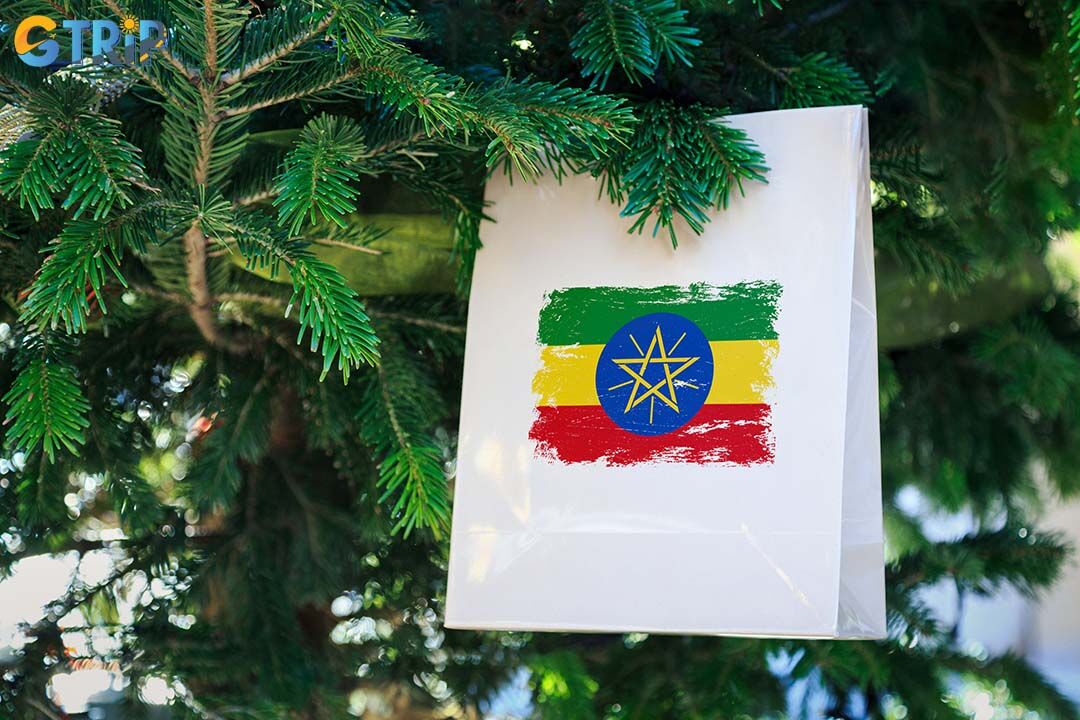
Ethiopia follows a unique time calculation
The festival country
Ethiopians enjoy festivals, which may explain why lively and colorful festivals are hosted throughout the country all year. Timkat (also known as Timqat) is an annual event observed for three days from January 18 to 20 to commemorate Jesus Christ's baptism t in the Jordan River.
Thousands of people dressed in traditional white shirts will attend spiritual activities led by priests clad in colorful sacrificial robes and wielding brocaded velvet umbrellas during these days. The priest will pray all night and perform the ceremony, while the people will attend the ceremony, camp at the festival site, and eat traditional foods like as bread and lamb under the light of torches.
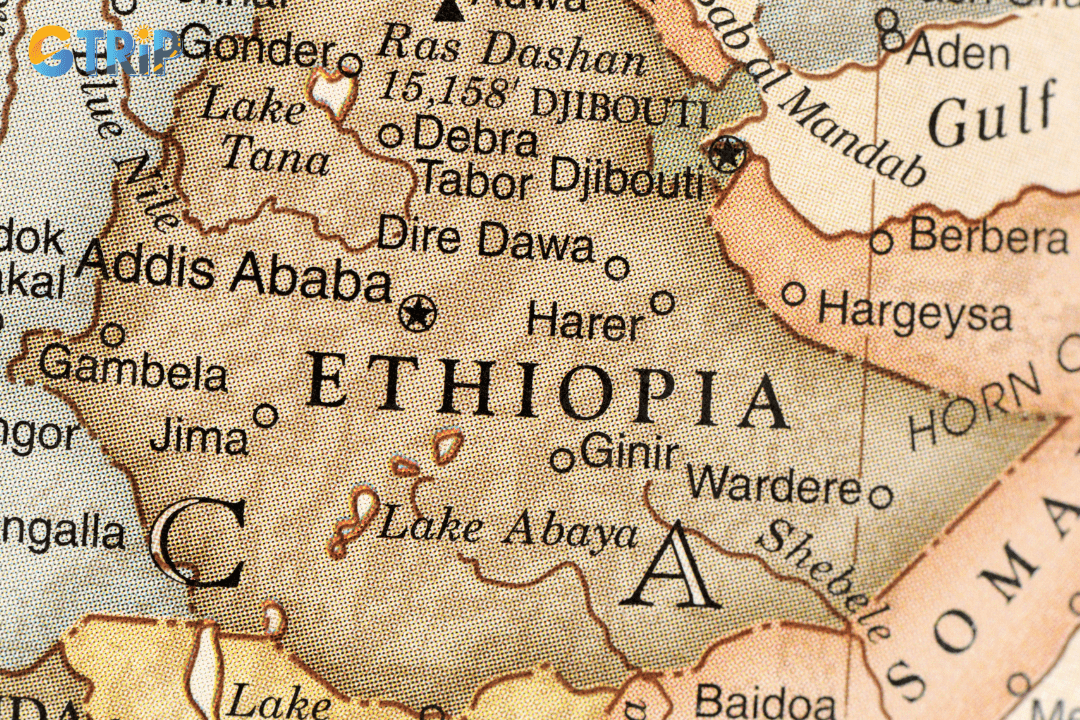
Ethiopia is a festival country
The human cradle
Archaeologist Donald Johanson discovered a 3.2 million year old skeleton dubbed Lucy in the Awash valley of northern Ethiopia in 1974, indicating for the first time that this was a human progenitor. Paleontologists discovered 4 million-year-old fossils in the Ethiopian desert in 2008.
According to a research published in the British Journal, the bones discovered in the Afar region of northeastern Ethiopia belong to the Australopithecus family, which is part of the Australopithecus genus, which is thought to be the direct progenitor of humans. As a result of this finding, Natural magazine named Ethiopia the "cradle of humanity" since it is the only area on the planet where the three phases of human evolution have been discovered and documented.
Coffee was first discovered in Ethiopia
Ethiopia, the birthplace of coffee, must be mentioned on any map of the world's coffee. Coffee trees have become an integral component of Ethiopian culture and beliefs. Every morning, the family's mother roasts fresh coffee in a clay pan with incense sticks. The coffee beans are roasted, ground finely, and properly filtered before being placed in a traditional Jebena clay pot to boil on the stove.
Following that, coffee is provided three times a day, in the morning, noon, and afternoon, with each serving lasting up to 2-3 hours. Therefore, being invited to a cup of "homemade" coffee in Ethiopia can be considered an honor for any guest.

Organic coffee with farmer harvest on the farm
Ethiopia has 8 UNESCO World Heritage Sites
According to tradition, God created the Garden of Eden somewhere near the Ghion River, which is now Ethiopia's Blue Nile River. Ethiopia is blessed with several natural treasures, including eight UNESCO World Heritage Sites, including the 11 monolithic churches built during the reign of King Lalibela and the Fassil Ghebbi fortress complex.
In addition, the historic city of Aksum, with its unique mausoleum and monument architecture, is a famous tourist destination. Awas River Valley National Park is well-known for its stunning natural landscape, numerous waterfalls, rivers and streams, and diverse flora and wildlife. Simien National Park, meantime, draws visitors with its stunning scenery of fog and snow, and is the refuge of rare animals in the world.
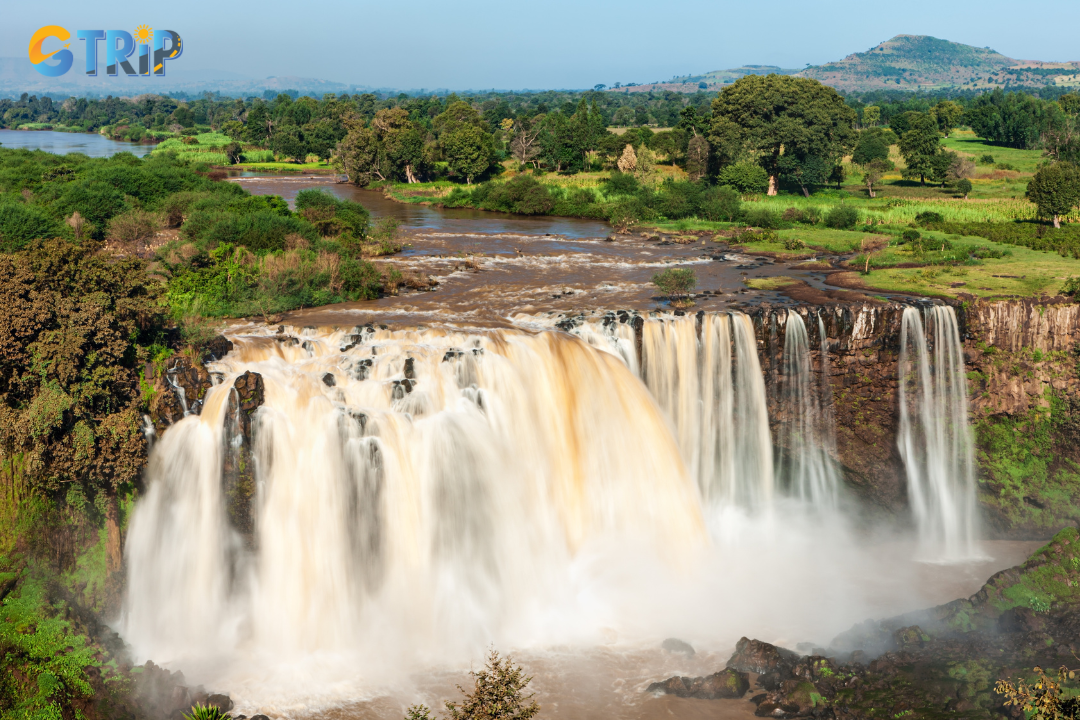
Spectacular 8 world cultural and natural heritage sites
Hydroelectric potential is abundant
The immense hydropower resources of Africa have long been recognized, yet they remain mostly unexplored. Ethiopia has the second-highest hydroelectric potential in Africa, with more than 80% of its water coming from Nile River streams. Ethiopia has the world's 27th largest land area, with more than half of its territory spread across the Ethiop plateau. Many rivers and deep valleys cut across this area, causing a fault in the ground. This fault also formed many lakes, giving this area a unique sub-climate.
Come to this country if you are a vegetarian
According to Intrepid Travel, Ethiopian cuisine is exceptionally healthful, diversified, and beneficial to one's health. Unlike many other African countries, this can be considered a vegetarian's paradise. The primary explanation for this distinct culture is because most Ethiopians are devout and are not permitted to consume animal products on Wednesdays and Fridays. Perhaps this is why Ethiopians create vegetarian dishes so expertly, such as the famed "injera" dish of stewed veggies served on flat bread.

Come to Ethiopia if you are a vegetarian
Visitors arrive with the intention of bringing nice things
Ethiopians are quite welcoming. They think that having visitors indicates that good things from heaven and earth will be brought to their home. They will always treat visitors with the utmost respect. And if any guest refuses the food or is dissatisfied with it, the host will be afraid and feel terrible that the guest does not like their dish.
Strange beauty idea
The Surma tribe of Ethiopia are well-known for placing plates into their lips. For women of the tribe, this is a mark of beauty and social standing. Surma people are divided into two tribes, Suri and Mursi, who live near the Omo River in southwestern Ethiopia.
Women frequently split their lips to leave plates and scars in unique patterns on their skin, which they subsequently embellish with white clay and fresh flowers. This tradition is frequently carried out when a woman enters marriageable age. As a result, they'll break the two lower teeth before punching a hole in the lower lip and inserting a little wooden stopper. This wooden button is gradually replaced by a larger button, until the hole is large enough to insert a ceramic or wooden disc.
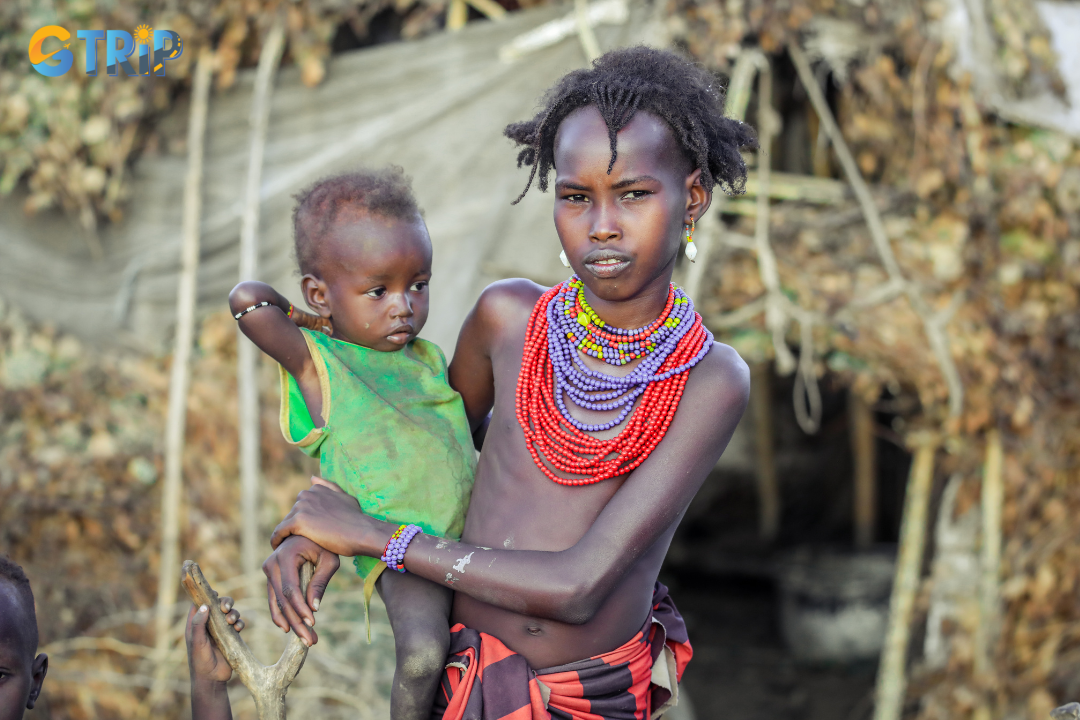
The Surma tribe of Ethiopia are well-known for placing plates into their lips
However, the country's hydropower growth is still hampered by an unstable political climate and uneven investment. According to World Bank data, just approximately a quarter of Ethiopia's population has access to electricity. In recent years, the Ethiopian government has implemented a number of economic development initiatives in order to create jobs and better people's lives.
Ethiopia is a multi-ethnic country with numerous bizarre and unusual traditional cultures. If you wish to discover more about this fascinating country, check out our Ethiopia tours for additional information and realistic itineraries for your upcoming trip.


